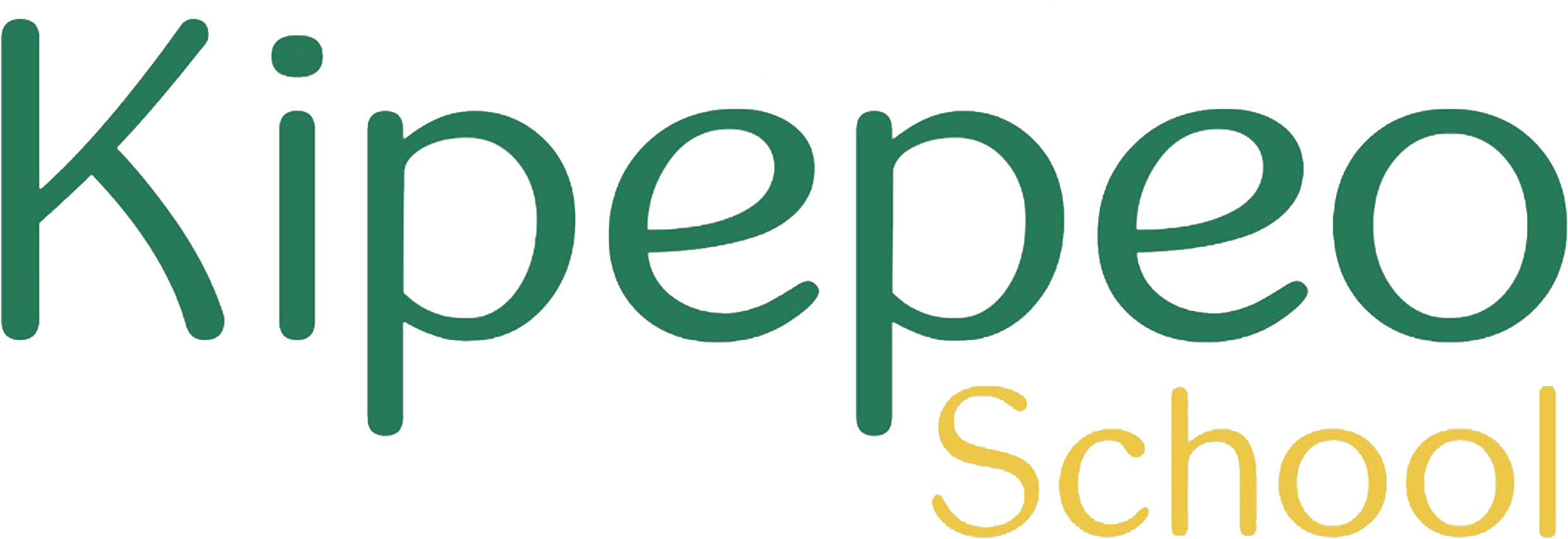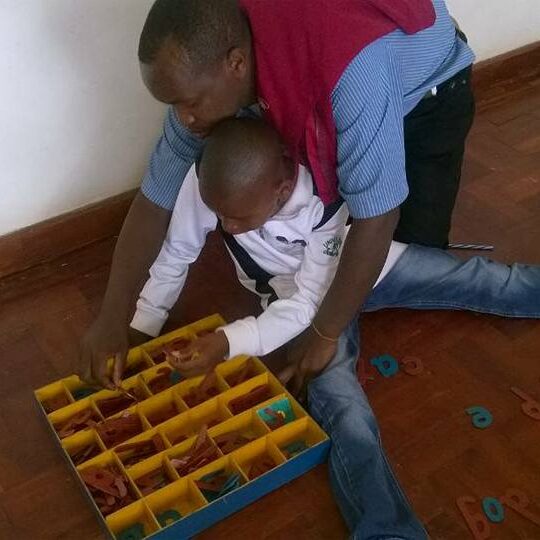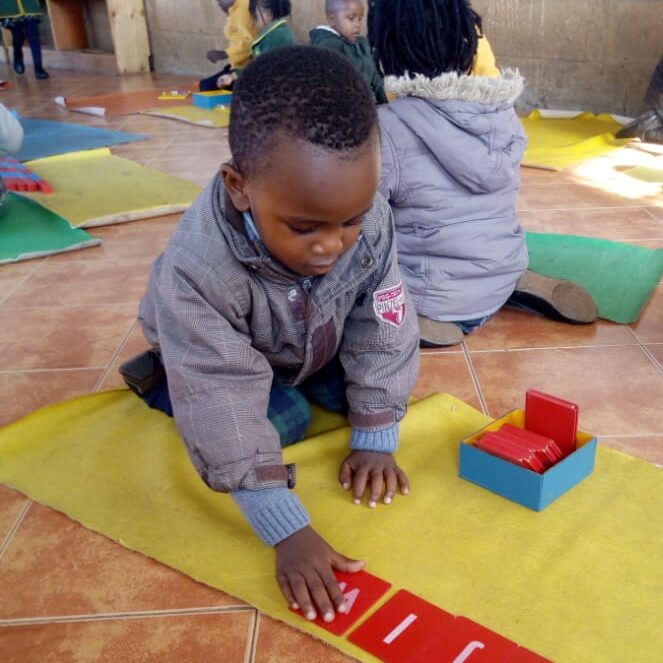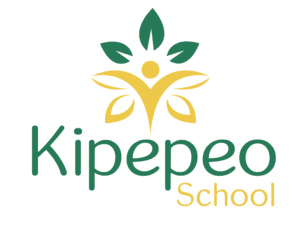Introduction
Effective communication is the cornerstone of human interaction and plays a vital role in personal, academic, and professional success. However, for some individuals, communication does not come naturally, and they may struggle with expressing themselves or understanding others. These communication difficulties can significantly impact their quality of life and academic achievements. This article delves into the world of speech and language therapy, exploring how it plays a crucial role in supporting students with communication difficulties.
Understanding Communication Difficulties
Communication difficulties can manifest in various forms, including speech disorders, language delays, stuttering, voice disorders, and social communication challenges like autism spectrum disorder. These issues can affect individuals of all ages, but they are particularly prevalent in school-aged children.
When children face communication challenges, they may experience frustration, isolation, and a lack of confidence. In an educational setting, these difficulties can lead to academic struggles and hinder their overall social and emotional development.
The Role of Speech and Language Therapy
Speech and language therapy, also known as speech therapy or SLP (speech-language pathology), is a specialized field that focuses on diagnosing and treating communication disorders. Speech therapists are trained professionals who assess and work with individuals to improve their communication skills.
Identifying Communication Difficulties
The first step in speech and language therapy is the assessment process. Speech therapists identify the specific communication challenges an individual is facing through comprehensive evaluations. These assessments help create a personalized intervention plan for each student.
Tailored Intervention Plans
Once the communication difficulties are identified, speech therapists develop individualized intervention plans. These plans cater to the unique needs of each student, addressing their specific challenges and strengths. The therapy sessions aim to improve speech, language, and communication abilities.
Building Communication Skills
Speech and language therapy focuses on enhancing expressive and receptive language skills. Therapists engage students in various activities and exercises that help them articulate words clearly, construct sentences, and comprehend verbal and non-verbal cues.
Assisting with Speech Disorders
For individuals with speech disorders, such as articulation or fluency issues, speech therapy offers targeted techniques to address these problems. The therapists work on correct tongue placement, breath control, and other aspects of speech production.
The Benefits of Speech and Language Therapy
Speech and language therapy can bring about significant positive changes in students with communication difficulties. Here are some key benefits:
Improved Communication and Social Interaction
With improved communication skills, students can express themselves more effectively, participate in conversations, and engage in social interactions confidently. This can lead to more meaningful relationships and increased self-esteem.
Enhancing Academic Performance
Better communication skills also translate into improved academic performance. Clear communication is essential for understanding instructions, participating in class discussions, and excelling in written and oral assignments.
Boosting Self-Confidence and Emotional Well-being
As students make progress in speech and language therapy, their confidence grows, and they feel more empowered to express their thoughts and ideas. This newfound confidence positively impacts their emotional well-being.
Speech and Language Therapy Techniques
Speech therapists use a range of techniques and methods to address different communication challenges. Some of the common approaches include:
Articulation Therapy
Articulation therapy focuses on correcting speech sound errors and helping individuals produce clear and accurate sounds.
Language Intervention
Language intervention targets various aspects of language, such as vocabulary, grammar, and comprehension, to improve overall language skills.
Augmentative and Alternative Communication (AAC)
AAC involves using tools and strategies like picture boards, sign language, or communication devices to aid individuals with limited speech.
Fluency Therapy
Fluency therapy helps individuals who stutter or struggle with maintaining smooth speech.
The Role of Speech Therapists in Educational Settings
Speech therapists play a vital role in educational settings. They collaborate with teachers, parents, and other professionals to create a supportive environment for students with communication difficulties. Speech therapists offer valuable insights and strategies to help students thrive academically and socially.
The Importance of Early Intervention
Early intervention is crucial in speech and language therapy. Identifying and addressing communication difficulties at an early age can lead to more successful outcomes and prevent potential academic and emotional challenges in the future.
Collaborating with Parents and Teachers
Speech therapists work closely with parents and teachers to ensure consistency in therapy techniques and reinforce communication skills in various contexts.
Speech and Language Therapy in a Digital Age
Advancements in technology have revolutionized speech and language therapy. Online resources, apps, and teletherapy have expanded access to therapy services and provided new avenues for learning and practice.
Overcoming Challenges in Speech and Language Therapy
While speech and language therapy can be highly effective, it comes with its challenges. Limited resources, varying degrees of progress, and individual differences require therapists to be adaptable and patient in their approach.
Speech and Language Therapy: Myths vs. Facts
There are common misconceptions surrounding speech therapy. This section debunks some myths and presents the facts about this essential therapeutic intervention.
Future Trends in Speech and Language Therapy
As research and technology progress, speech and language therapy will continue to evolve, incorporating innovative techniques and approaches.
Success Stories: Real-Life Transformations
In this section, we share inspiring success stories of individuals who have overcome communication difficulties through speech and language therapy.
Conclusion
Speech and language therapy is a powerful tool in unlocking the communication potential of students with difficulties in this area. By providing tailored intervention plans, speech therapists empower students to express themselves confidently, improve their academic performance, and foster meaningful relationships. Early identification and intervention are key, and with advancements in the field, the future of speech and language therapy looks promising.
FAQs
- Is speech and language therapy only for children? No, speech and language therapy can benefit individuals of all ages with communication difficulties.
- Can speech therapy help with social communication challenges like autism? Yes, speech therapists often work with individuals on the autism spectrum to enhance their social communication skills.
- How long does speech and language therapy take to show results? The duration of speech and language therapy varies based on the individual’s needs and the nature of their communication difficulties. Some students may start showing progress in a few weeks, while others may require more extended periods of therapy. Consistent practice and active engagement in therapy activities contribute to faster and more significant improvements.
- Is speech therapy covered by insurance? In many cases, speech and language therapy is covered by health insurance, especially if it is deemed medically necessary. However, coverage may vary depending on the insurance plan and the specific diagnosis. It is essential to check with the insurance provider to understand the extent of coverage.
- Can parents participate in speech therapy sessions? Yes, parental involvement is often encouraged during speech and language therapy sessions. When parents participate, they gain insights into the techniques used and can reinforce these strategies at home, thereby accelerating the progress of their child.
- What if my child resists speech therapy? Some children may initially resist therapy sessions due to fear or unfamiliarity. Skilled speech therapists create a warm and supportive environment to build rapport and trust with the child. Over time, resistance tends to decrease as children experience the benefits and gain confidence in the therapeutic process.
- Are there any alternative therapies for communication difficulties? While speech and language therapy is the primary intervention for communication difficulties, there may be complementary approaches that can support progress. These could include occupational therapy, social skills training, or counseling, depending on the specific needs of the individual.
In conclusion, speech and language therapy holds the key to unlocking the communication potential of students facing challenges in expressing themselves effectively. By identifying communication difficulties early and providing personalized intervention plans, speech therapists play a crucial role in helping individuals overcome these obstacles. The therapy not only enhances communication skills but also contributes to academic success, social interactions, and emotional well-being.
If you or your loved ones are facing communication difficulties, consider reaching out to a qualified speech therapist to explore the benefits of speech and language therapy. With continuous advancements in the field and a commitment to individual progress, the future of speech and language therapy looks promising, promising transformative outcomes for those in need.
Get ready to witness remarkable transformations as students discover the power of their voices through speech and language therapy, unlocking their full potential in communication and life.








